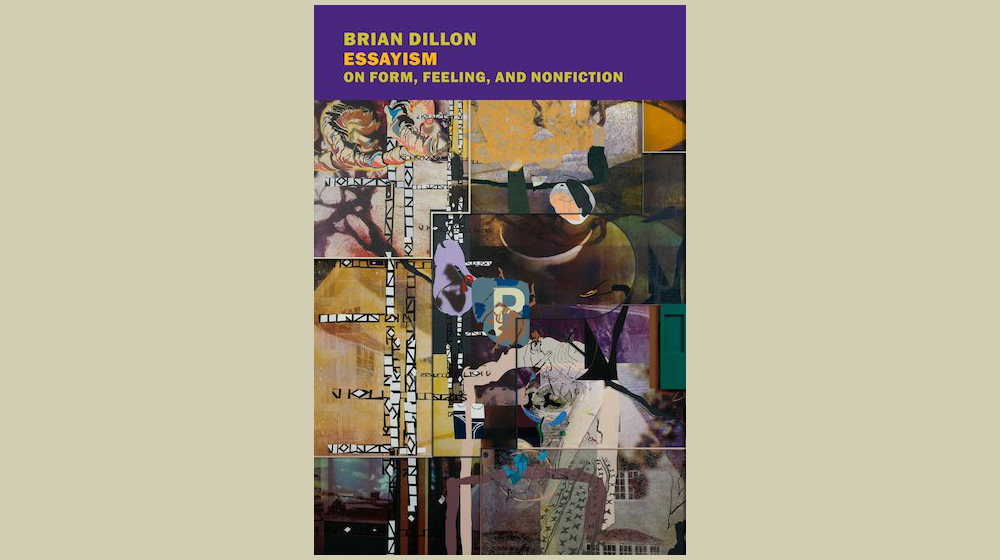Edith Wharton's novel, "Ethan Frome," reflects the author's unsatisfactory marriage and illustrates how people become trapped by reality's obligations.
Smash-up: Edith Wharton’s Ethan Frome
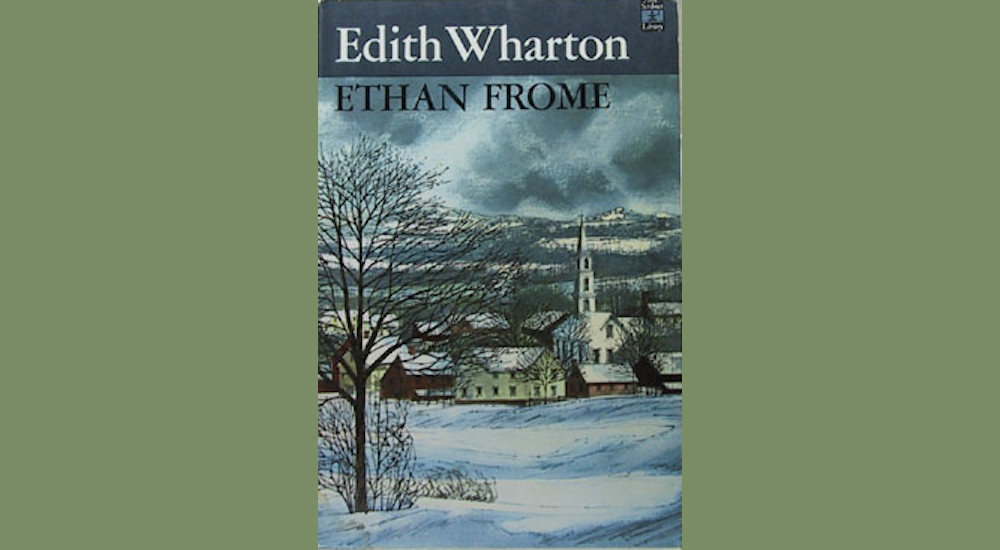
Edith Wharton's novel, "Ethan Frome," reflects the author's unsatisfactory marriage and illustrates how people become trapped by reality's obligations.

Lori Feathers on two sleep-obsessed heroes, one in Ottessa Moshfegh's "My Year of Rest and Relaxation," and the other in Ivan Goncharov’s "Oblomov."

An excerpt from Roberto Simanowski's "Facebook Society: Losing Ourselves in Sharing Ourselves," translated by Susan H. Gillespie.
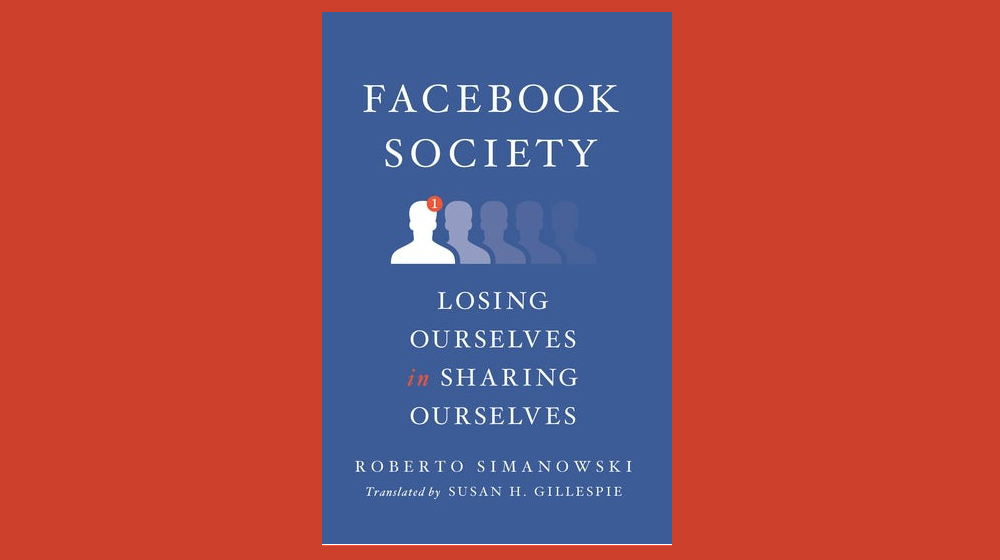
Ella Jacobson explores the mental turmoil of those who have accidentally killed someone through the memoirs of Darin Strauss and Gregory Orr.
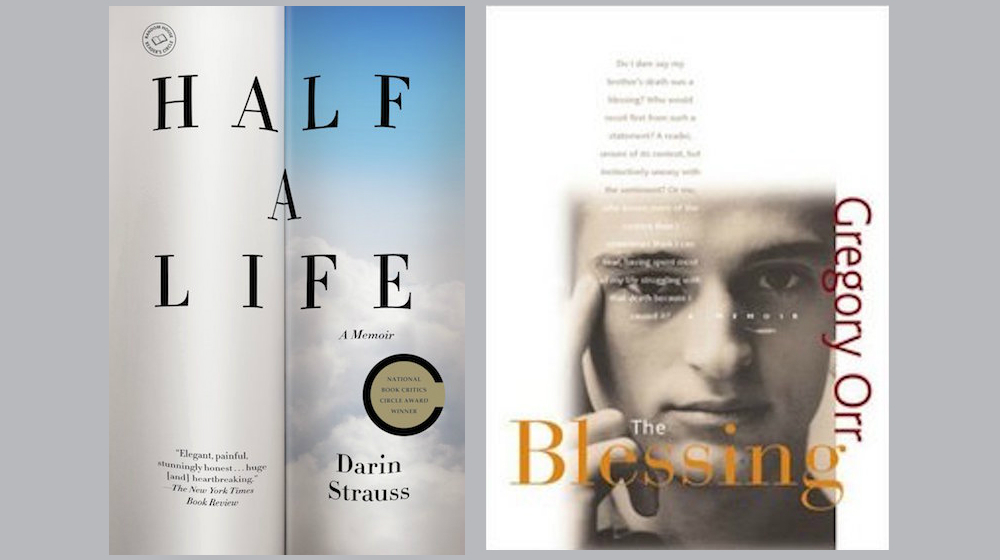
Robert Wood interviews Noongar writer Claire G. Coleman about her novel "Terra Nullius," out in September.
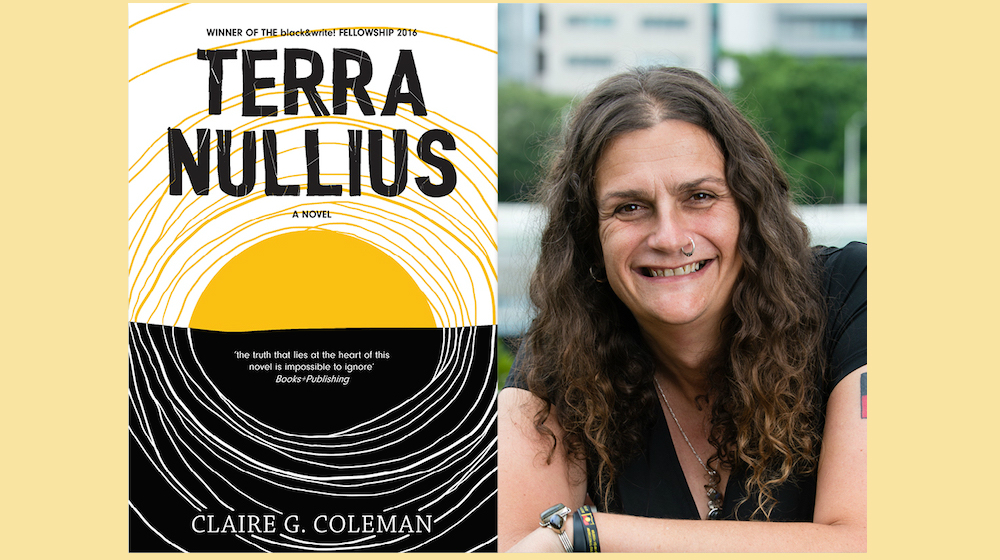
A look at Edith Wharton's "The Custom of the Country" reveals how the main character, Undine Spragg, bares a striking resemblance to President Donald Trump.
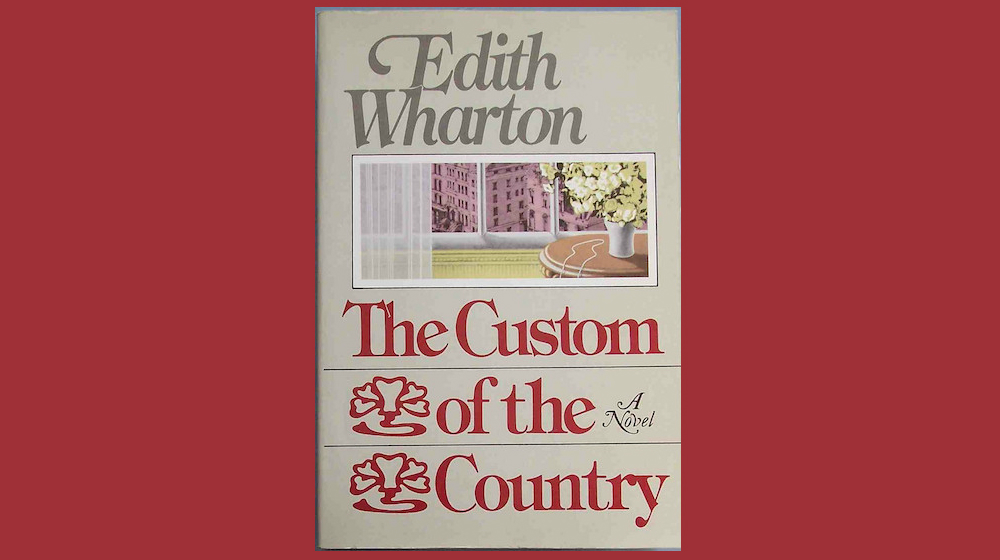
Thomas Hardy's 1891 novel, "Tess of the D'Urbervilles," offers a useful socio-economic framework for the #MeToo Movement.
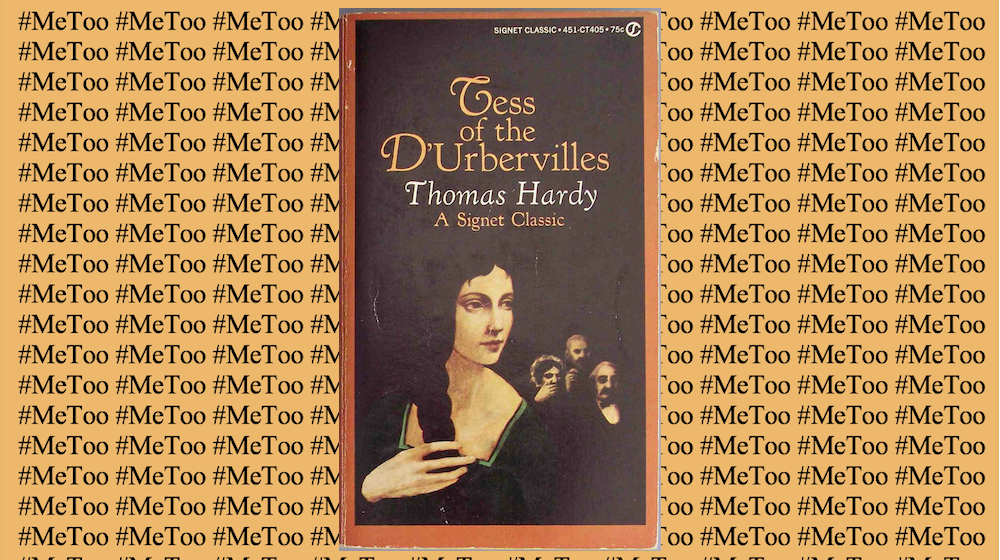
Kyle Raymond Fitzpatrick considers the undertones of class and economic power in the work of Gillian Flynn.

Deanne Stillman and Cat Gwynn discuss the town of Twentynine Palms, and Stillman's book about the two young women who were killed there 27 years ago today.

Sophie Dess reviews Brian Dillon's essay collection "Essayism: On Form, Feeling, and Nonfiction."
